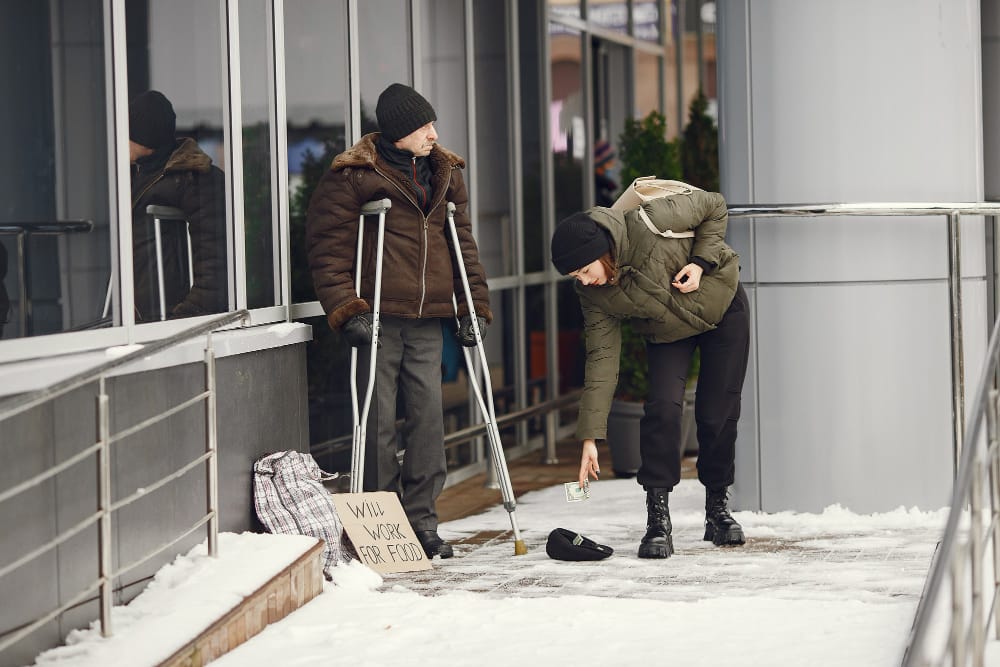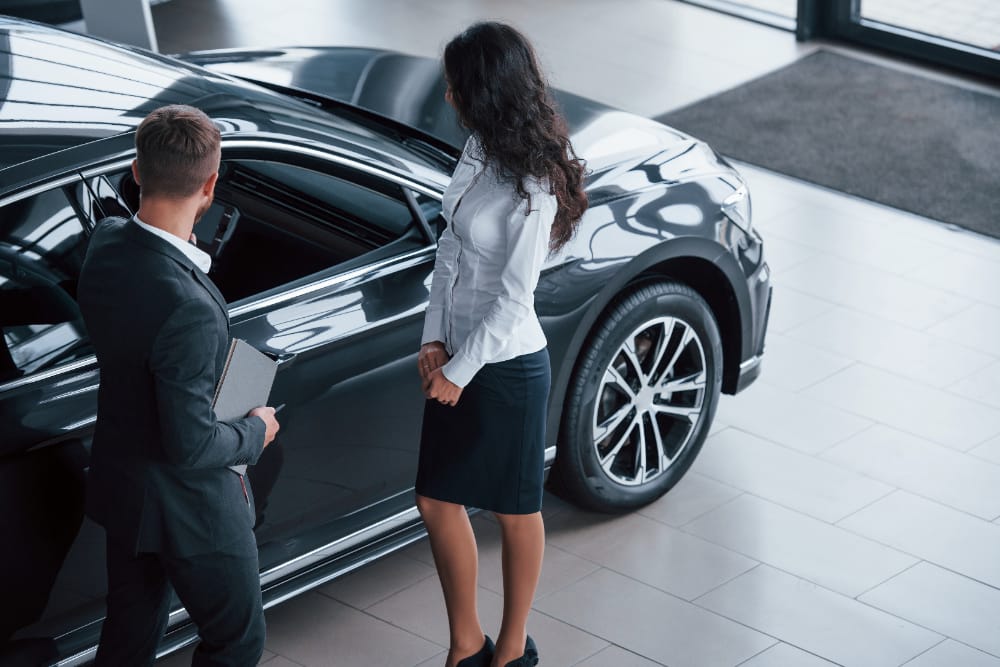Slip and fall accidents are among the most common causes of personal injury claims in the UK. Such incidents often occur in public places, workplaces, or rented properties and can lead to severe injuries. At the heart of these claims lies the concept of premises liability, which dictates the responsibilities of property owners or occupiers to maintain a safe environment for visitors.
What Is Premises Liability?
Premises liability refers to the legal obligation of property owners or occupiers to ensure their premises are reasonably safe. Under the Occupiers’ Liability Act 1957, occupiers have a duty of care towards lawful visitors. This means they must take reasonable steps to protect individuals from hazards such as wet floors, poorly maintained walkways, or uneven surfaces.
When an accident occurs, determining liability depends on several factors:
- The status of the visitor: Was the injured person an invitee, licensee, or trespasser?
- The condition of the premises: Were safety measures adequate and hazards reasonably addressed?
- The conduct of the injured person: Did the individual act recklessly, contributing to the fall?
Common Causes of Slip and Fall Incidents
Slip and fall accidents often result from preventable conditions, including:
- Wet or slippery floors: Spills, leaks, or recently cleaned surfaces without appropriate warning signs are leading causes of slips.
- Uneven flooring: Cracked tiles, loose carpets, or poorly maintained pavements can easily trip unsuspecting individuals.
- Obstructions in pathways: Cables, merchandise, or debris left in walkways create significant risks.
- Inadequate lighting: Poor visibility can obscure hazards, increasing the likelihood of falls.
The Legal Framework: Proving Negligence
For a successful premises liability claim, the injured party must prove negligence by demonstrating:
- Duty of care: The property owner owed a legal duty to the claimant.
- Breach of duty: The owner failed to uphold reasonable safety standards.
- Causation: The hazardous condition directly caused the injury.
- Damages: The claimant suffered actual harm, such as physical injuries or financial losses.
Under UK law, property owners must conduct regular risk assessments to identify and address hazards. The Health and Safety at Work Act 1974 requires employers to ensure workplace safety, while the Workplace (Health, Safety and Welfare) Regulations 1992 specifically mandate safe flooring and clear walkways
Responsibilities of Property Owners
Occupiers can mitigate risks by adhering to best practices, such as:
- Conducting regular inspections to identify potential hazards.
- Implementing clear cleaning protocols to address spills promptly.
- Using slip-resistant flooring materials in high-risk areas.
- Installing adequate lighting in corridors, staircases, and entryways.
For workplaces, risk assessments are crucial. Employers should follow guidance from the Health and Safety Executive (HSE), which recommends proactive measures such as slip-resistant footwear, proper signage, and effective cleaning systems
What Should You Do After a Slip and Fall?
If you experience a slip and fall, it’s essential to take the following steps:
- Report the incident: Notify the property owner or manager immediately.
- Document evidence: Take photos of the hazard, note the time and location, and gather witness statements.
- Seek medical attention: Ensure injuries are promptly treated and documented.
- Consult legal guidance : At National Claims , we put you in touch with a solicitor who can guide you through the claims process and help secure compensation.
The Role of Compensation
Victims of slip and fall accidents can claim compensation for:
- Medical expenses.
- Loss of earnings.
- Pain and suffering.
- Rehabilitation costs.
The compensation amount varies depending on the severity of the injuries and the impact on the claimant’s life. Claims must be initiated within three years of the accident under the Limitation Act 1980.
Conclusion
Premises liability plays a vital role in ensuring public safety. Property owners, occupiers, and employers must prioritise hazard prevention to avoid slip and fall accidents. If you’ve been injured due to negligence, understanding your rights is crucial for obtaining fair compensation. For more detailed advice, consult National Claims to assess your specific situation.
By raising awareness and promoting accountability, we can reduce the prevalence of such accidents and create safer environments for all.

We’re proud of our excellent customer reviews
We thrive on delivering exceptional service and ensuring our clients’ satisfaction. Don’t just take our word for it. Check out some of our independent reviews to see what our clients have to say.
Excellent

This firm is excellent, they sorted out my car pay out and injury claim very fast, they always communicate with you all the time.

My accident case was dealt with confidence and with great result of the outcome, especially James kept me informed all the time.

I was very impressed at the way my inquiry was treated. I was listened to attentively and everything I needed to know was explained to me.






